No Results Found
The page you requested could not be found. Try refining your search, or use the navigation above to locate the post.
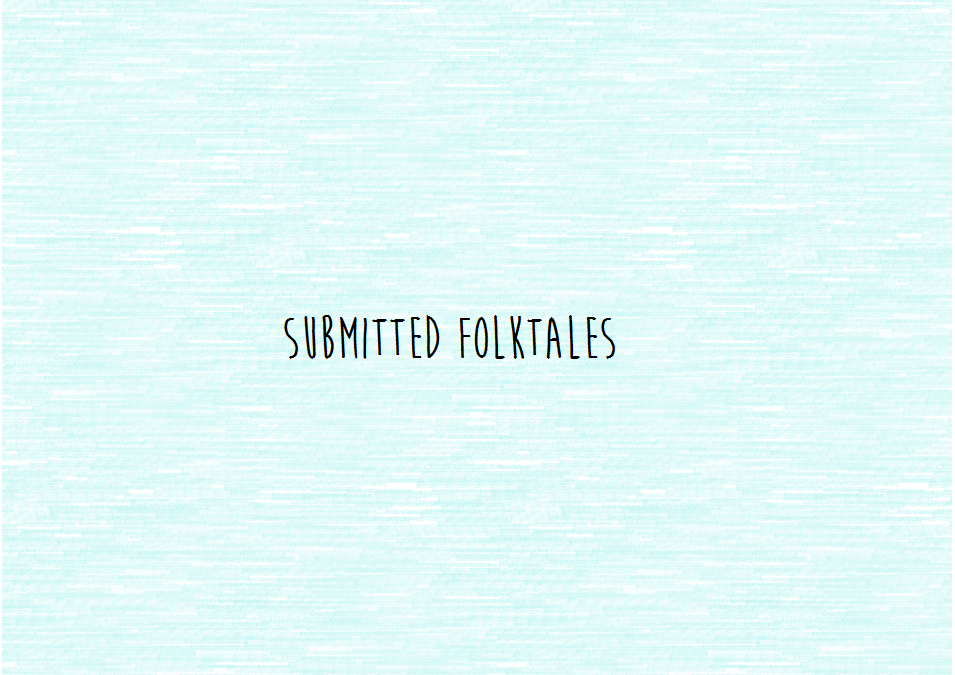
Submitted Stories: Folktales from You!
The page you requested could not be found. Try refining your search, or use the navigation above to locate the post.

Once upon a time, there was a man who had three wives. The man was very rich and could not think of anything else apart from his wealth. The third wife had two children and, since she was the last wife of the man, she was expected to do anything that was necessary in the whole family.
The woman was very busy to the extent that the work became too much for her, and sometimes she decided to dodge. When this happened she was hated by the other ladies and the husband. She was termed to be the lazy woman. The husband decided to deprive her, and even hated her and the children.
One day the man decided to chase her away from the family; the woman took with her all her belongings and the children, and decided to go and look for a place where she could live with her two children in peace. She went and stayed where there was nobody, deep in the forest. She stayed there for some good years until her children grew up.
In the forest there were many wild animals, but from the very first day, every morning she would find a dead animal outside her tukul which the woman built. She did not know exactly who brought the animals, but one day a lion came to her and told her, “Do you know who usually brings to you the meat that you eat with your family?”
“No,” the woman said.
The lion told her, “It is me, Mawu, who feeds you and now I am telling you this as a secret. I will give you all that you need in life and you will be a happy woman”. The lion told her, “Every time you see a dead animal lying on the left-hand side, that is mine; and if you find it lying on the right-hand side, that is yours”.
I will give you all you need in life, and you will be a happy woman.
The lion continued feeding the woman and her children and one day told the woman, “Today in the evening, you climb a tree and look to the east and if you see the smoke of fire, do not panic, that is me coming with animals.”
The woman did as the lion said and surely she saw the smoke. The second time she climbed the tree she saw the smoke, and the smoke was getting closer and closer. From a distance she saw animals in white and black. She now began to doubt, and wondered to herself ‘What were these strange kinds of animals?
To her surprise she realised they were cows and she watched them as they were coming. The cows came and lay down in her compound. The lady quietly gathered some grass and made a fire. The cows did not go anywhere and no one came after her. She prayed to God because God had heard her prayers and had helped her through Lion. She believed that God used the lion to do all these acts of kindness and solve her problem.
After some days, the lady became happy and she told her children, “Now it is time for us to go back to our people,” and they went with their cows.
Back at her husband’s home, the other ladies had rebelled against the husband. They all left to their homes of origin and the man was left alone.
The lady and the children travelled for many days, and as they moved, some young men from their own village saw the cows from the distance. They went back and reported this to the elders and all young men planned to go and loot the cows. But one of the elders told them, “Wait, we should not attack them, the owner might be seeking refuge and we should let them come and stay peacefully.”
The lady came and settled with her children and cows under a very big tree. The elders talked among themselves and finally they sent a group to go and find out who the newcomers were, and where were they coming from. The group went and from a distance they recognised the woman as a wife of Guzul, the one who disappeared a long time ago. They rushed and greeted her warmly and some of them went back and told the others that the wife of Guzul had come back with very many cows and her children had grown into young men.
Mr. Guzul was called to come and see his wife. Guzul was happy and knelt down before his wife and children and asked the wife to forgive him. He also asked the elders and the whole community to forgive him. The woman forgave him and went with him to their former home. She asked the whereabouts of the others ladies whom the husband loved most and he explained how they had left him. Guzul stayed with his wife and the two children happily and enjoyed the wealth his wife had brought. They became the richest family in the community.
Reflections
1) What does this story teach us about how women should behave?
2) What do you think the woman learns during her time in the wilderness? What do you think her husband learns?
Enjoyed The Story of a Woman who is Rejected by her Husband? Listen to the Na’eesh Mabadh adaptation of this folktale for radio.
Na’eesh Mabadh is a peacebuilding project inspired by South Sudanese folktales.
Learn more about this project on the Na’eesh Mabadh page.
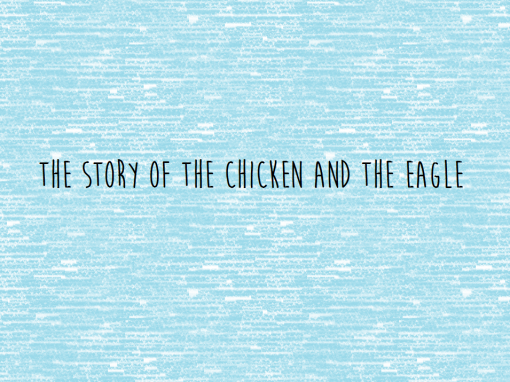

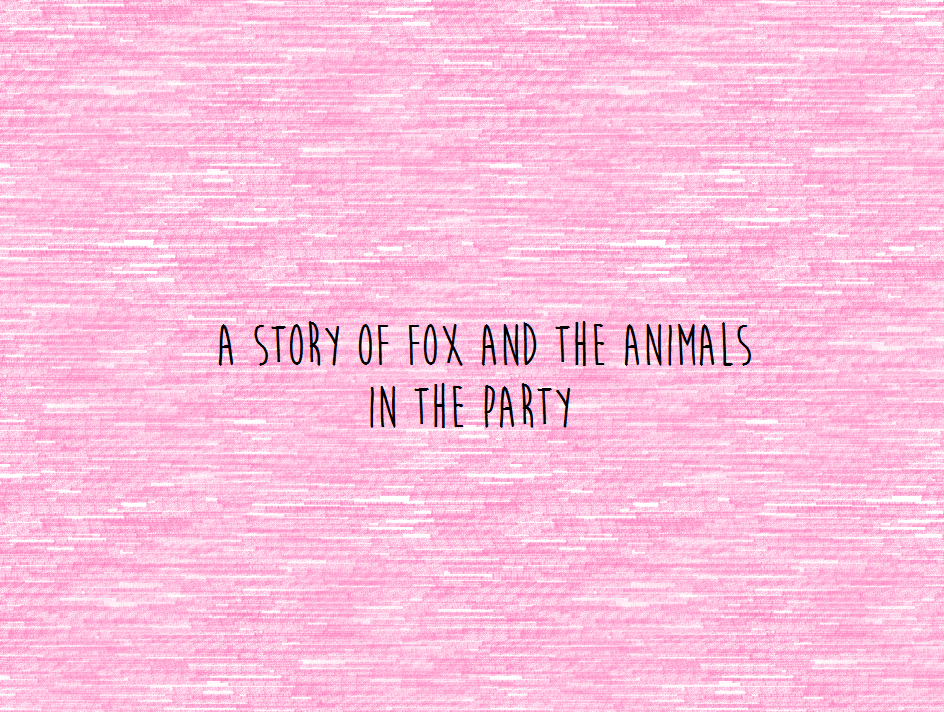

Once upon a time, a fox and a monkey were living together; they were very close friends.
As we know, the monkey has a curious nature and wants to know and explore everything.
Sometimes the recklessness of the monkey’s nature put him in danger; especially when he tries to play, and build a friendship with the dangerous animals, despite the warning of the fox. The monkey always laughed at the fox’s caution and the way he kept his distance from dangerous places. But the fox kept warning the monkey about his friendships with dangerous animals who do not know loyalty to a friend. The fox especially warned the monkey about his friendship with the lion.
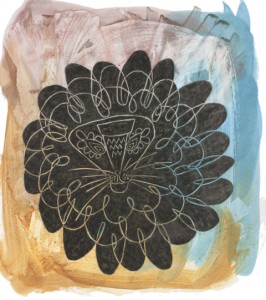
One day, the lion got hungry and couldn’t find anything to eat. So the lion decided to eat the monkey.
In the morning, when the monkey came to greet the lion, the lion didn’t answer the monkey. The monkey blamed the lion for not returning his greeting. The lion got angry and told the monkey that he was misbehaving, “How can you greet me, the King of the jungle, with that impolite language? You must be punished!”
“How can you greet me, the King of the jungle, with that impolite language? You must be punished!”
The monkey got scared and tried to apologise, but the lion didn’t accept his apology and told him that he had made a major mistake, for which the only punishment was to be killed and eaten. Shaken, the monkey ran away and the lion started chasing him. They ran and ran until the fox appeared and stopped them, and asked them, “What’s the problem? You are friends. Tell me what happened?”
When they told the fox the story, the fox understood that the lion had fabricated the problem because he wanted to eat the monkey. The fox told the monkey that he was wrong and asked him, “Why didn’t you greet the king from a distance?”
To which the monkey replied, “I did greet him from a distance.”
The fox asked the lion to stand still, and asked the monkey to go with him to measure the distance that he had greeted the lion from.
When they got far from the lion, the fox ran into his hole and said to the monkey, “This is how my grandfathers escaped from the danger. What did your grandfathers do?”
Then the monkey finally understood the fox’s point and jumped up to the nearest tree and left the lion standing there astonished.
Reflections:
1) Why does the lion start being aggressive to the monkey? Do you think he is looking for an excuse to justify his urge to eat him?
2) When people treat us well one day and badly the next, how does it make us feel?
Enjoyed The Reckless Monkey and the Cautious Fox? Listen to the Na’eesh Mabadh adaptation of this folktale for radio.
Na’eesh Mabadh is a peacebuilding project inspired by South Sudanese folktales.
Learn more about this project on the Na’eesh Mabadh page.




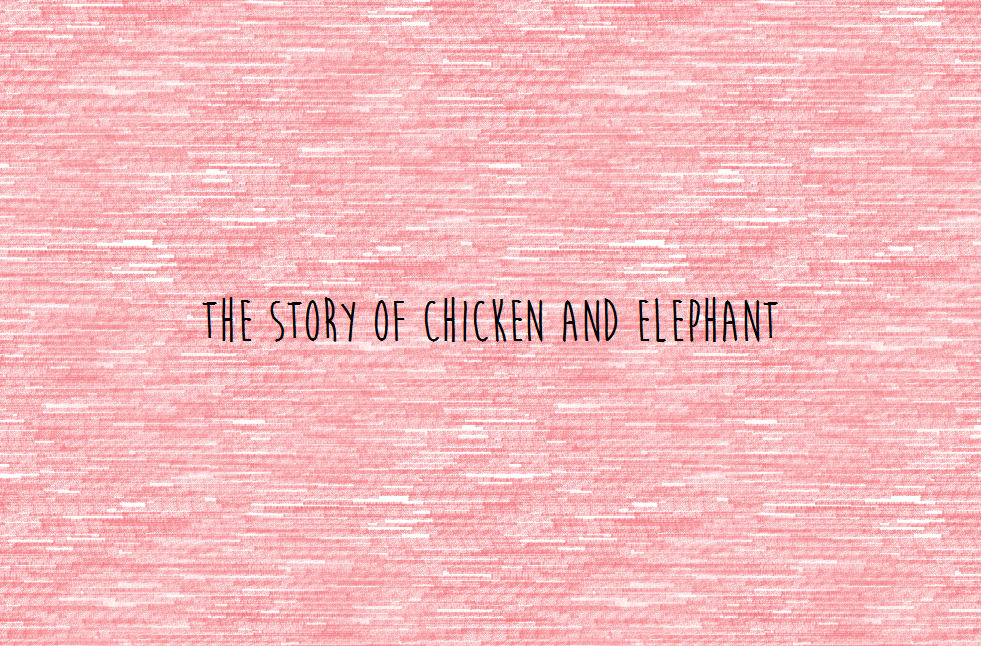
Once upon a time, Elephant and Chicken were friends. One day they sat together and discussed about their differences. Elephant said that he is the best and the biggest animal in the whole forest. He is the best because he is very strong, big, and can do things that other animals cannot do.
Chicken told Elephant, “You are right, but being big and strong does not qualify you to be the best in the whole forest. We are all created in different ways but still, we are living things, and what all living things are doing is the same. You have forelegs to support you like I have wings to support me. We both eat and drink so I don’t see any difference that you are talking about.”
We are all created in different ways but still, we are living things
Elephant told Chicken that, “Though we both eat and drink, I still have the quality of being the strongest. What I am eating is even bigger than what you eat; and the water I am drinking is more than what anyone does. So no one can compete with me.”
Chicken told Elephant, “My friend, I myself can compete with you. What I eat and drink is more than you do.”
The argument continued and, as they were discussing, Mr. Hare appeared and asked them what the argument was all about.
Each of them explained and finally Hare told them, “There is no need to talk and talk. Come, and let us do it practically.”
They all agreed and Hare told them, “I will be the judge and I have to see who will be the winner. So now you can start by eating and then later drinking.”
So Elephant and Chicken started eating anything that was there and Hare stood by and watched them.
Elephant, within some hours, became satisfied but Chicken continued. Elephant and Hare were watching him eating, waiting for him to be satisfied, but all in vain. Chicken continued until the darkness covered everywhere. Hare feared to tell Elephant that the winner was Chicken and so he decided to escape slowly.
Chicken started croaking and when Elephant heard it, he could not wait anymore; he immediately ran away.
Up to now, when Elephant hears Chicken croaking, he does not wait because he reminds himself of the past incident. So Elephant cannot stand to hear Chicken croaking, once this happens, he has to run away as fast as his legs can carry him.
Up to now, if the Murle of Boma want to go for hunting, they have to take with them a cock to scare the elephants since there are very many elephants in the Boma forest.
Reflections:
1) What does this story tell you about about ‘greatness’?
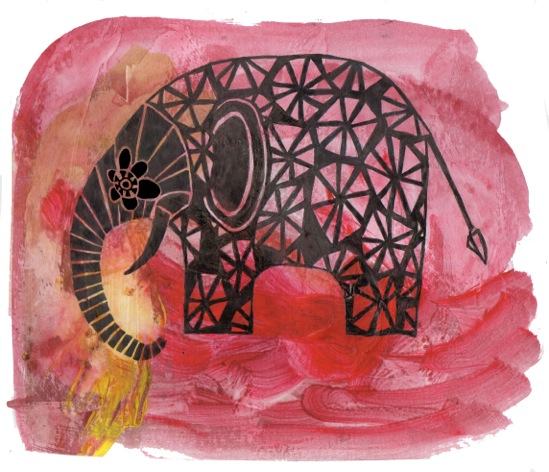
Storytelling Session Details
Storyteller: Elder
Language: Murle
Story Researcher: Docklace Api
Place: Pibor
Date: 2016
Enjoyed The Story of Chicken and Elephant? Listen to the Na’eesh Mabadh adaptation of this folktale for radio.
Na’eesh Mabadh is a peacebuilding project inspired by South Sudanese folktales.
Learn more about this project on the Na’eesh Mabadh page.





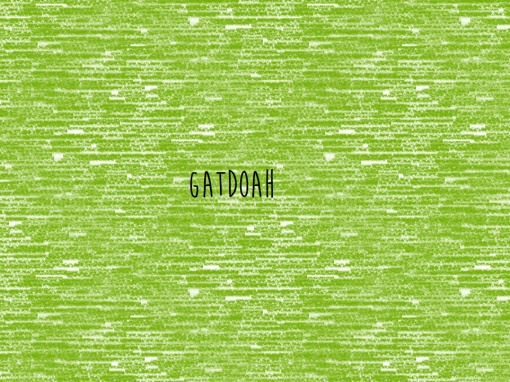






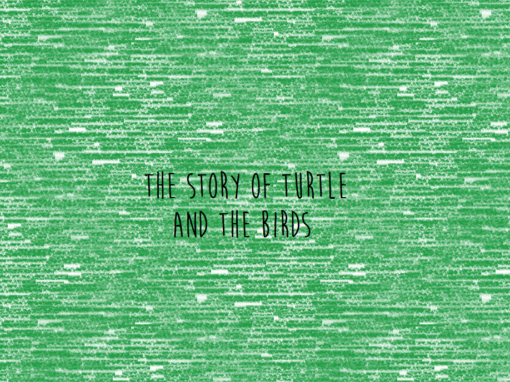
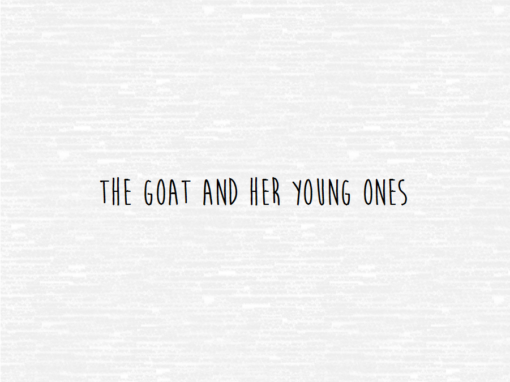

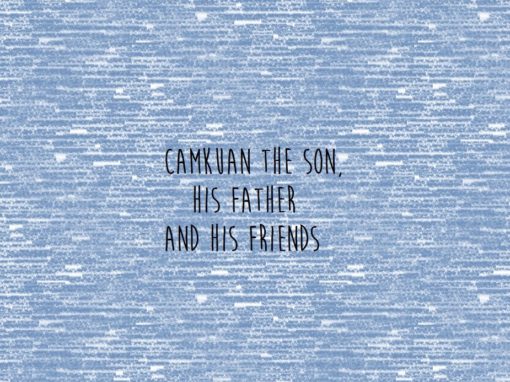

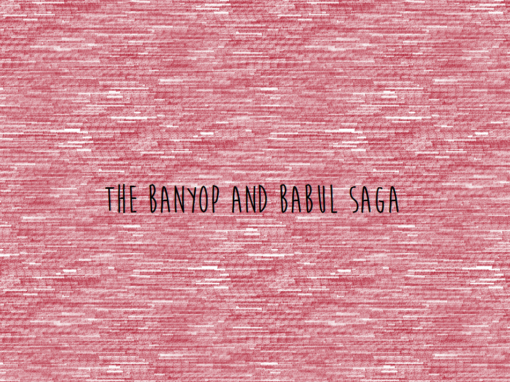



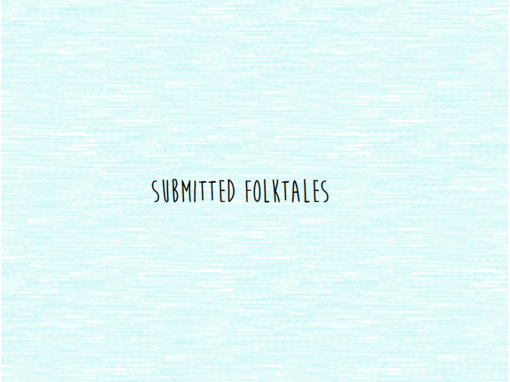



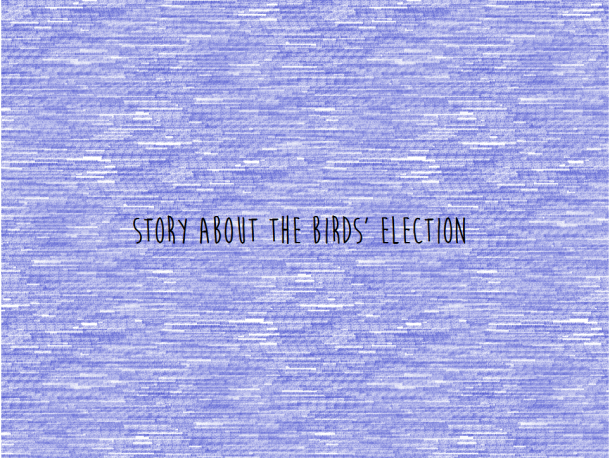
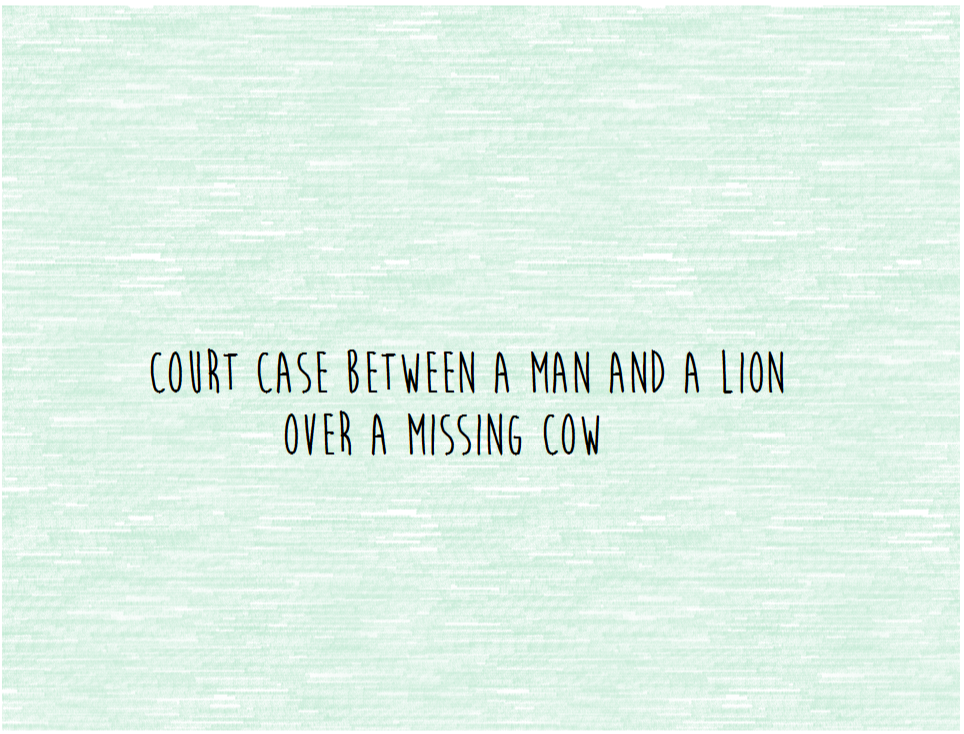
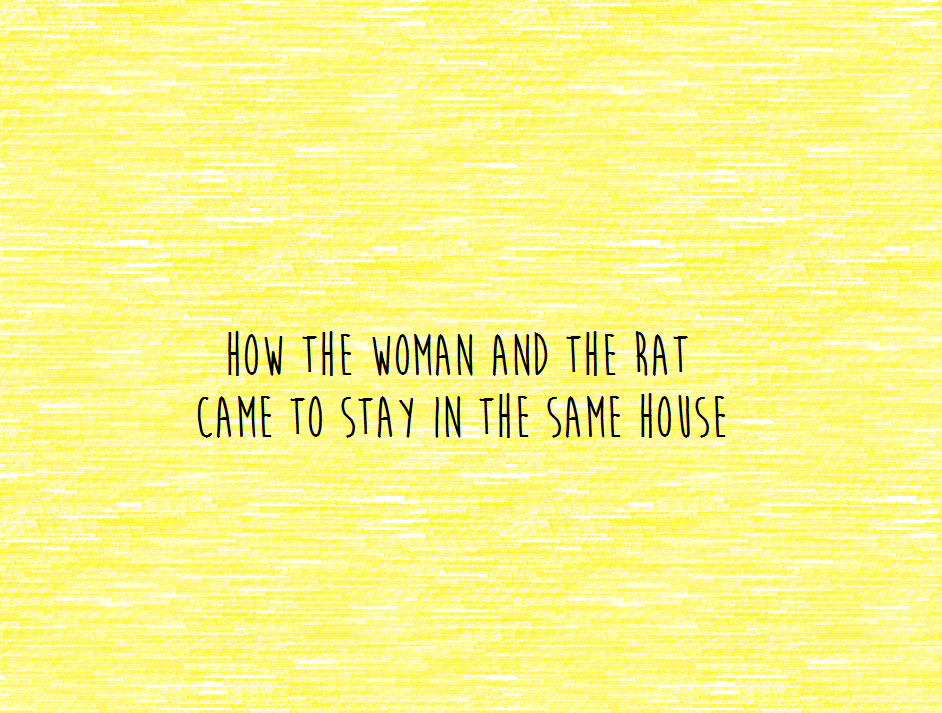
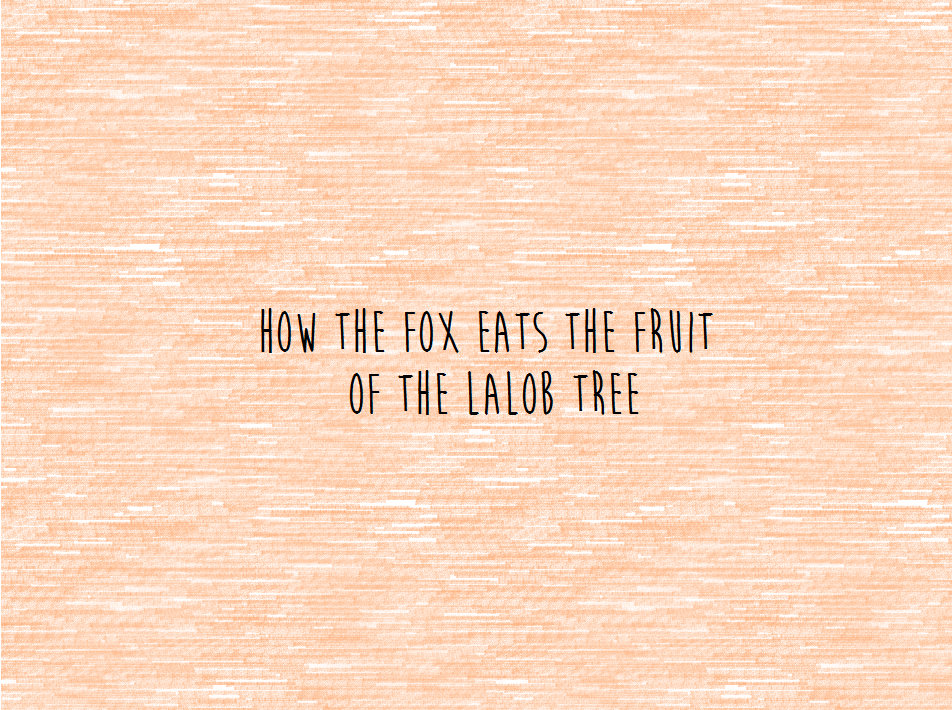
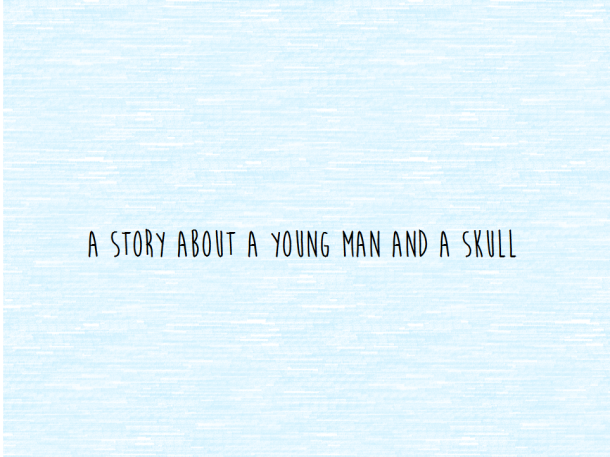
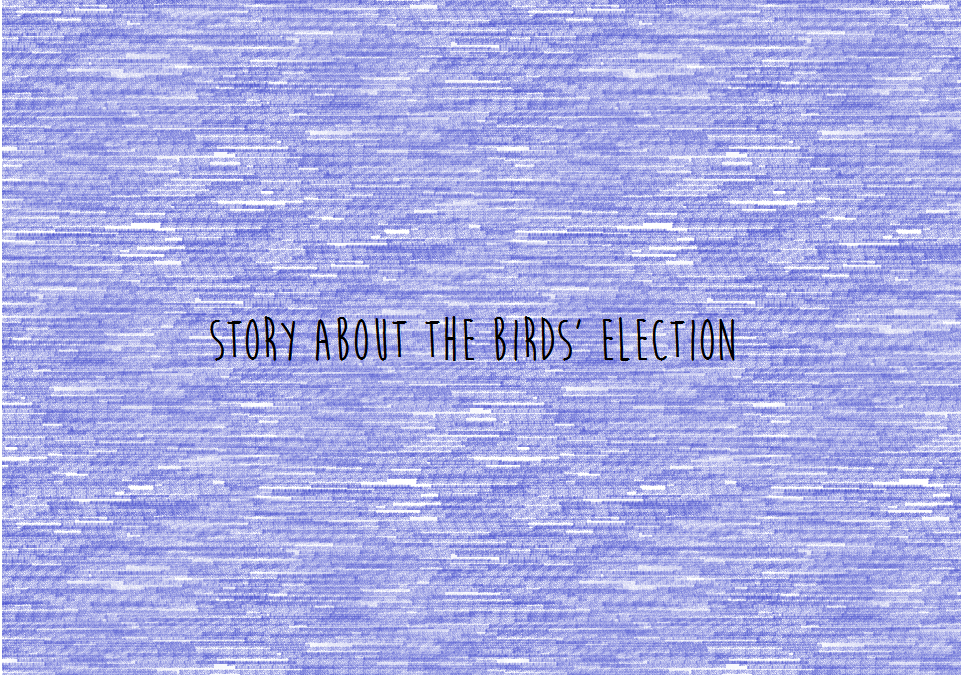
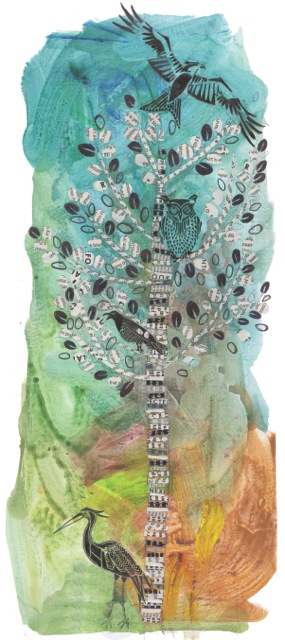
Storytelling Session Details
Storyteller: John Jal Mayen (“2j”)
Language: Nuer
Story Researcher: Ruot George
Place: UNMISS Poc site, Juba
Date: 2015
Storyteller John Jal Mayen “2j”
Once upon a time there was a birds’ election. Four of the birds said they would lead the rest. They were Crow, Kite, Owl, and Great Blue Heron.
All the birds had a meeting and suggested that the criteria for becoming a leader is that only the small ones should be nominated for leadership. But Great Blue Heron also wanted to be the birds’ leader. This is how Crow became a leader amongst all the birds.
There was a meeting to discuss who should be chosen to be the leader. The four birds above were compared: Great Blue Heron, Crow, Owl, and Kite. Each of them wanted to lead. Great Blue Heron was given a task to divide fish amongst the birds. He decided to do so according to the body size; if you were a small bird you should take small fish. And if you were a big bird, you were given a big fish. Kite protested and said with a loud voice, ”Do you see what Great Blue Heron is doing? He is keeping the big fish for himself!” Kite then grabbed the fish. Both of them were disqualified for unfair distribution and not being patient respectively.
The two remaining birds were Owl and Crow. The birds said, “Owl is moving only at night, how can someone who does not move during the day lead us?”
Owl is moving only at night; how can someone who does not move during the day lead us?
So Crow was unanimously nominated to become the leader of the birds. They accepted Crow for its compassion, and it is a patient and peaceful bird. If any animal or human being dies in the bush the crow must first remove the eye as a sign of authorization for the other birds to eat.
This is why no one is allowed to kill the crow among the Nuer people.
Reflections
1) Why do you think Crow won this election? Do you agree with the decision?
2) If the fish represent the wealth of the land, what would be the fair way to divide it amongst the people?
3) Does the crow symbolise the same thing in your community as it does here?
Enjoyed Story about the Birds’ Election? Listen to the Na’eesh Mabadh adaptation of this folktale for radio.
Na’eesh Mabadh is a peacebuilding project inspired by South Sudanese folktales.
Learn more about this project on the Na’eesh Mabadh page.








Recent Comments